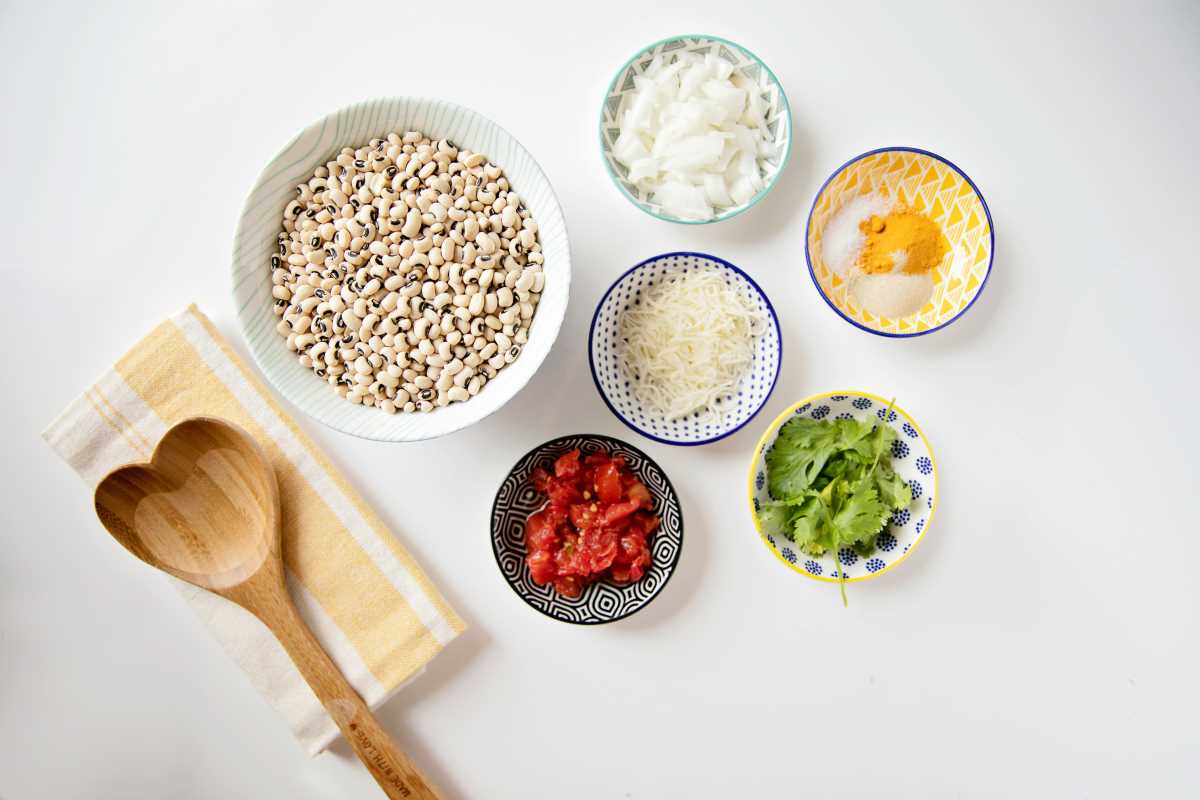You don’t have to throw your entire diet out the window or commit to drastic lifestyle changes overnight. Sometimes, it's all about adding a few nutrient-packed options to your plate. By including foods that promote overall well-being, you can reduce your risk of chronic diseases like heart disease, diabetes, and obesity—all while enjoying delicious meals. Here’s a guide to simple, easy-to-incorporate diet additions that can have a lasting impact on your health, and plenty of tips to make them a seamless part of your routine.
Start with Fiber-Packed Foods
If there’s a superhero in the nutrition world, it’s fiber. This dietary powerhouse doesn’t just help you feel full—it plays a key role in maintaining gut health, lowering cholesterol, and stabilizing blood sugar levels.
Why It Matters
- Heart Health: Soluble fiber (found in foods like oats and beans) helps lower LDL, or “bad” cholesterol.
- Improved Digestion: Fiber keeps your digestive system moving, reducing the risk of constipation.
- Blood Sugar Control: High-fiber foods slow the absorption of sugar, helping to prevent blood sugar spikes.
Easy Additions
- Sprinkle chia or flaxseeds into smoothies, oatmeal, or yogurt.
- Swap white rice for fiber-rich options like quinoa, farro, or barley.
- Snack on fruits like apples, berries, or pears (and don’t shy away from the skin—that’s where most of the fiber is).
Pro Tip: If you’re just starting to increase your fiber intake, do it gradually and drink plenty of water to avoid digestive discomfort.
Add a Dash of Healthy Fats
Not all fats are created equal. Healthy fats, like omega-3 fatty acids and monounsaturated fats, are essential for heart health, brain function, and reducing inflammation.
Why It Matters
- Heart Protection: Omega-3s lower triglycerides (a type of fat in your blood) and reduce the risk of heart disease.
- Anti-Inflammatory Benefits: These fats help combat chronic inflammation, a key driver of many diseases.
- Brain Boost: Healthy fats support cognitive function and may even reduce the risk of age-related cognitive decline.
Easy Additions
- Toss a handful of walnuts or almonds into your salad or enjoy them as a snack.
- Use olive oil instead of butter when cooking or baking.
- Incorporate fatty fish like salmon, mackerel, or sardines into your meals at least twice a week.
Pro Tip: Avocado toast isn’t just trendy—it’s delicious and packed with healthy fats. Try adding a sprinkle of chili flakes or a drizzle of olive oil for extra flavor.
Go Big on Colorful Veggies
There’s a reason you’ve been told to “eat the rainbow.” Vegetables are packed with vitamins, minerals, and antioxidants that offer protection against numerous chronic diseases.
Why It Matters
- Heart Health: Leafy greens like spinach and kale are high in potassium, which helps regulate blood pressure.
- Cancer Prevention: Cruciferous vegetables like broccoli, cauliflower, and Brussels sprouts are rich in compounds that may lower cancer risk.
- Immune Support: Bell peppers, sweet potatoes, and carrots provide antioxidants like vitamin C and beta-carotene to keep your immune system strong.
Easy Additions
- Roast a tray of mixed veggies with olive oil, garlic, and your favorite herbs for an easy side dish.
- Add spinach or kale to your morning smoothie (you won’t even taste it!).
- Keep pre-cut veggies like carrots, celery, and cucumbers in your fridge for quick snacking.
Pro Tip: Use seasonings and cooking techniques you love—like roasting or stir-frying—to make veggies a star on your plate instead of an afterthought.
Integrate Whole Grains
Whole grains are another dietary all-star, offering loads of nutrients like fiber, B vitamins, and antioxidants. They’re a far cry from their refined counterparts, which have much of their nutritional value stripped away.
Why It Matters
- Blood Sugar Management: Whole grains help prevent sharp blood sugar rises, reducing your risk of Type 2 diabetes.
- Heart Health: Regular consumption of whole grains has been linked to lower cholesterol and reduced risk of heart disease.
- Weight Support: They keep you feeling fuller for longer, helping with portion control and weight management.
Easy Additions
- Swap out white bread for whole-grain bread or pita.
- Start your day with oatmeal instead of sugary cereal.
- Use brown rice or quinoa instead of white rice in stir-fries, bowls, or pilafs.
Pro Tip: Experiment with lesser-known grains like farro, buckwheat, or millet for variety and extra nutrients.
Sweeten (Naturally) with Fruit
If you’ve got a sweet tooth, fruit can be your new best friend. Not only does it satisfy sugar cravings naturally, but it’s also full of health-boosting vitamins and antioxidants.
Why It Matters
- Diabetes Prevention: Whole fruits release natural sugars slowly, helping regulate blood sugar levels.
- Heart Health: Fruits like berries and citrus contain flavonoids that can reduce inflammation and lower blood pressure.
- Digestive Health: Their fiber content supports a balanced gut microbiome.
Easy Additions
- Add fresh fruit to yogurt, oatmeal, or whole-grain pancakes.
- Keep frozen berries on hand for smoothies or as a topping for desserts.
- Snack on portable options like bananas, apples, or oranges.
Pro Tip: Make a fruit salad with a mix of berries, kiwi, and melon for a refreshing treat that’s as beautiful as it is good for you.
Keep It Manageable
The key to healthier eating is simplicity. You don’t have to change everything at once—just start by adding one or two of these foods to your meals each week. Over time, these small additions will become habits, and your body will reap the benefits.
Quick Tips for Success
- Plan ahead by incorporating these additions into your weekly grocery list.
- Keep your kitchen stocked with basic staples like olive oil, nuts, and fresh produce.
- Celebrate your progress—every small change counts toward a healthier future.
Remember, it’s not about perfection. It’s about progress. Even small, consistent steps can lead to big health improvements over time.
Disclaimer: The content provided on SuperHealthyTips is for informational and educational purposes only. This information is not intended to be a substitute for professional medical advice, diagnosis, or treatment.
 (Image via
(Image via


.jpeg)


